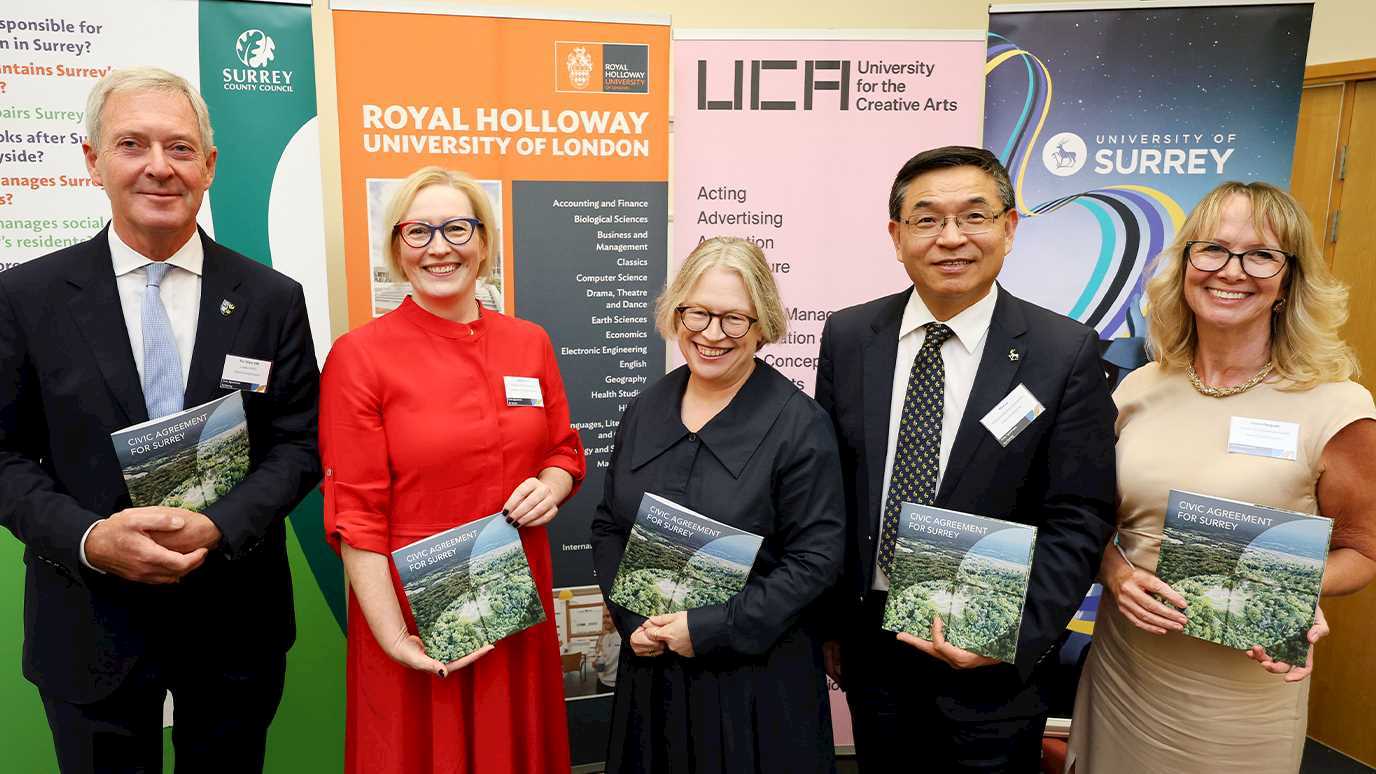Researchers from Royal Holloway, University of London, together with the University of Osnabrück in Germany, have discovered that a fascinating plant employs two mechanisms to survive, no matter where it grows.

New research, published in New Phytologist, looked at Aethionema arabicum, also known as “stone cress”, and found the plant is unique in its seed and fruit dispersal strategies.
Most plant species produce a single type of fruit and seed that is adapted to the environment, but stone cress produces two sizes of fruit: a large fruit which opens by splitting, and a small fruit which remains closed until it has found a suitable habitat in which to germinate.
Not only are the fruits different, but inside there are two different types of seed: multiple slime- coated seeds in the large fruit, and a single non-coated seed in the small fruit.
Waheed Arshad from the School of Biological Sciences at Royal Holloway, was awarded a Royal Holloway Travel Grant to present this research at a major conference in Canada last August.
He said: “We revealed two very contrasting dispersal mechanisms, employed by the same plant, at the same time. The slimy seeds adhere to the soil, effectively preventing their dispersal, while the small fruit disperses in its entirety by wind or water currents, thereby promoting its dispersal.
“The work forms part of the SeedAdapt consortium project, a European Union funded grant of €1.9 million. Investigating fruit/seed-related traits, which evolved as adaptations to cope with stresses in harsh environments, is undoubtedly of utmost importance.
“The dispersed seed or fruit is often the only phase in a plant’s life cycle when it can travel – therefore, dispersal has far-reaching ecological and evolutionary consequences.
“The common daisy is a classic example of this amazing phenomenon. The next time you mow your lawn, take a daisy and inspect it closely. The outer ring of the flower head is actually composed of many flowers, known as ray florets, and the inner circle consists of even smaller disc florets.
“These two types of florets often possess different morphological, dispersal, dormancy and germination properties.”
The published work advances knowledge about plant-climate interactions, and demonstrates that Aethionema arabicum provides an excellent model system for studying the role of bet-hedging to survive unpredictable environments.
Find out more about the School of Biological Sciences at Royal Holloway and their research into seed biology.
























